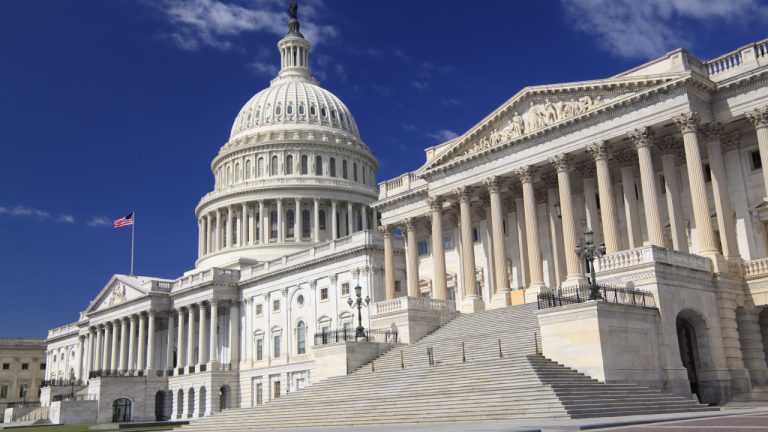Circle CEO Jeremy Allaire: Stablecoin Bill Unlikely to Be Signed Into Law
Publikováno: 19.9.2023
 Jeremy Allaire, CEO of Circle, the issuer of USDC, the second-largest stablecoin in the market, has shared his skepticism about the passing of a stablecoin law anytime soon. On Laura Shin’s podcast, Unchained, Allaire explained that, while there is a consensus about the importance of regulating stablecoins in the U.S., he doesn’t believe that the […]
Jeremy Allaire, CEO of Circle, the issuer of USDC, the second-largest stablecoin in the market, has shared his skepticism about the passing of a stablecoin law anytime soon. On Laura Shin’s podcast, Unchained, Allaire explained that, while there is a consensus about the importance of regulating stablecoins in the U.S., he doesn’t believe that the […]

Jeremy Allaire, CEO of Circle, the issuer of USDC, the second-largest stablecoin in the market, has shared his skepticism about the passing of a stablecoin law anytime soon. On Laura Shin’s podcast, Unchained, Allaire explained that, while there is a consensus about the importance of regulating stablecoins in the U.S., he doesn’t believe that the recently advanced ‘Clarity for Payment Stablecoins Act’ will be signed into law.
Circle CEO Jeremy Allaire Skeptical About the ‘Clarity for Payment Stablecoins Act’
Jeremy Allaire, CEO of stablecoin company Circle, is skeptical about the possibility of the recently advanced Clarity for Payment Stablecoins Act being passed into law. On Unchained, Laura Shin’s cryptocurrency podcast, Allaire stated that, while there has been a consensus around the need for stablecoin regulation in the country, he doesn’t think this legislation will pass.
The reason behind his opinion lies in the lack of definition of key subjects in the bill that, according to Allaire, needs to be resolved. Allaire declared:
A lot of this has to do with how much of a role the Federal Reserve plays in not setting the standards … does the Fed get to veto who receives a stablecoin license?
Federal vs. State
Another of the subjects that Allaire believes will slow down or even stop the progress of the Clarity for Payment Stablecoins Act has to do with the involvement of the Federal Reserve in stablecoin affairs.
Allaire explained it is unclear if the Federal Reserve will have any faculties related to licenses issued by states for stablecoins companies. He stressed:
Does the Fed have any supervision if a state like New York issues a stablecoin charter to someone — does the Fed have any joint or supervisory role? It’s kind of technocratic but it is actually really important stuff that has to do with state rights and federal rights and the balance of power.
However, Allaire highlighted several advantages of the act, saying its approval would establish a clear pathway for bank and non-bank stablecoin issuers, being very specific about reserves, transparency, and risk management.
For Allaire, the Clarity for Payment Stablecoins Act “effectively creates legal certainty that a dollar stablecoin is a part of the global and U.S. financial system,” unlocking massive mainstream usage of these tools.
What do you think about Allaire’s thoughts on the Clarity for Payment Stablecoins Act? Tell us in the comments section below.